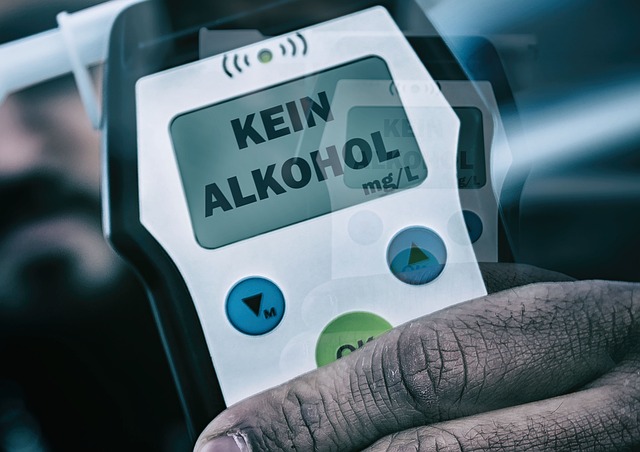Rural communities face unique challenges in DUI prevention due to lower populations and reduced law enforcement. This can lead to a false sense of security normalizing risky behavior, with limited public transportation increasing vehicle reliance. Effective rural DUI prevention requires tailored strategies focusing on community engagement, education, and awareness. Collaboration among local authorities, community leaders, and transport providers is vital to implement successful measures. The strategic defense of Commercial Driver DUI cases in rural areas benefits from tailored programs that educate drivers and law enforcement about rural-specific issues, ensuring fairness amidst complex regulations through Rural Community DUI Prevention initiatives.
In the realm of Commercial Driver DUI Defense, understanding rural community challenges is paramount. This article delves into the unique obstacles faced in preventing DUI (Driving Under the Influence) among commercial drivers in remote areas, often characterized by sparse populations and limited law enforcement presence. We explore effective strategies tailored to these issues, focusing on enhancing safety measures, education, and support systems within rural communities. By addressing these challenges head-on, we aim to revolutionize DUI prevention efforts.
- Understanding Rural Community DUI Prevention Challenges
- Strategies for Commercial Driver DUI Defense
Understanding Rural Community DUI Prevention Challenges

In rural communities, the challenges surrounding DUI (Driving Under the Influence) prevention differ significantly from urban settings. Lower population densities and reduced law enforcement presence make it easier for individuals to drive while impaired without being detected. This lack of immediate accountability can lead to a false sense of security among residents, normalizing risky behavior. Additionally, limited access to public transportation in rural areas may cause people to rely on their own vehicles, even when they’ve been drinking, increasing the risk of accidents.
Rural DUI prevention requires tailored strategies that address these unique circumstances. Community engagement and education programs are crucial here. By raising awareness about the dangers of impaired driving and offering alternative solutions for those who have been drinking, such as designated drivers or ride-sharing services, rural communities can create a culture that discourages DUI. Collaboration between local law enforcement, community leaders, and transportation providers is essential to implement effective measures that combat this issue.
Strategies for Commercial Driver DUI Defense

In the realm of Commercial Driver DUI Defense, navigating legal complexities requires strategic precision. For drivers operating in rural communities, where the hustle and bustle of urban life is replaced by quieter roads, prevention becomes even more crucial. A robust defense strategy for these professionals often involves a multi-faceted approach. First, understanding local laws and their nuances is essential; what might be considered acceptable behavior in an urban setting could significantly differ in a rural one, impacting case outcomes.
Additionally, leveraging the support of Rural Community DUI Prevention programs can offer valuable resources. These initiatives are designed to educate both drivers and law enforcement about the challenges faced in rural areas, promoting safer driving practices. By presenting a well-prepared defense that incorporates these community-specific strategies, commercial drivers can enhance their legal positions, ensuring fair outcomes amidst the intricate web of DUI regulations.
In addressing Rural Community DUI Prevention challenges, understanding the unique difficulties faced by commercial drivers is paramount. By employing tailored strategies for their defense, we can significantly reduce alcohol-impaired driving incidents in these communities. Implementing stricter regulations and providing comprehensive training are essential steps towards creating a safer environment for everyone on rural roads. Embracing innovative solutions ensures that commercial drivers remain responsible assets, contributing to the overall well-being of their regions.






